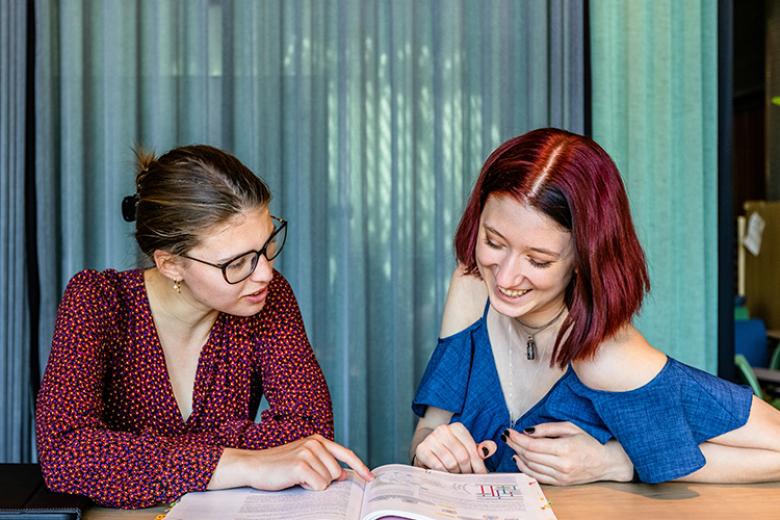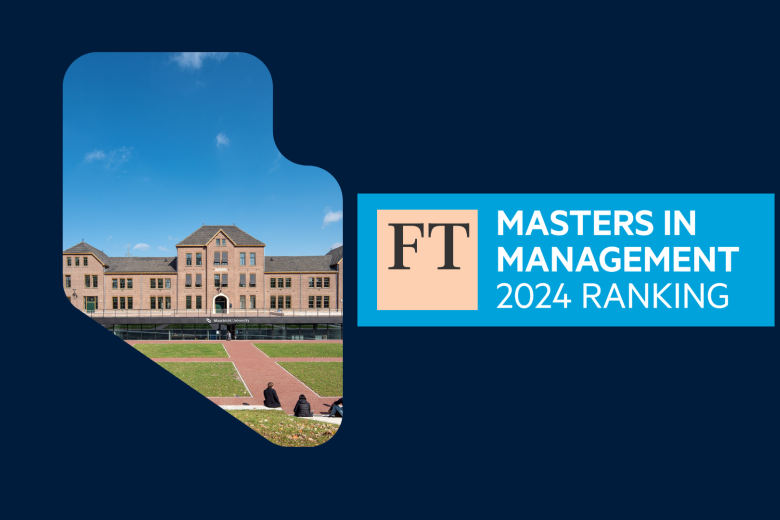Student Project Team
The Student Project Team (SPT) represents the interests of all students at Maastricht University. The team forms a bridge between the students and the organisation of Maastricht University. It implements new projects by and for students and provides the central management of Maastricht University with feedback and ideas of students.
Student panel of the Student Project Team
The student panel provides the Student Project Team with inside information: what is happening within Maastricht University, what is going well and what could be improved? The members of the panel are actively involved as testers in the development of the new student portal.
Student monitor
The student monitor is an initiative of the Executive Board. Via de monitor the Executive Board assesses what's going on among students. This input is vital for improving the facilities and policy of Maastricht University. Every student can participate.
Student representation
The different councils at UM are there to promote the interests of the students and staff at UM. The University Council is the central representative body for staff and students. Each faculty also has a Faculty Council. The councils are elected bodies, they provide the boards at UM with advice on policies regarding issues such as education, research, finances, human research management and organisational affairs.
Student Initiative Helpdesk
Student life in Maastricht would be nothing without the student organisations that exist in the city. That is also why it is so important to support these organisations! UM has set up the Student Initiative Helpdesk (SIH) to centralise information for student organisations, and increase the support and contact between these organisations and UM.

